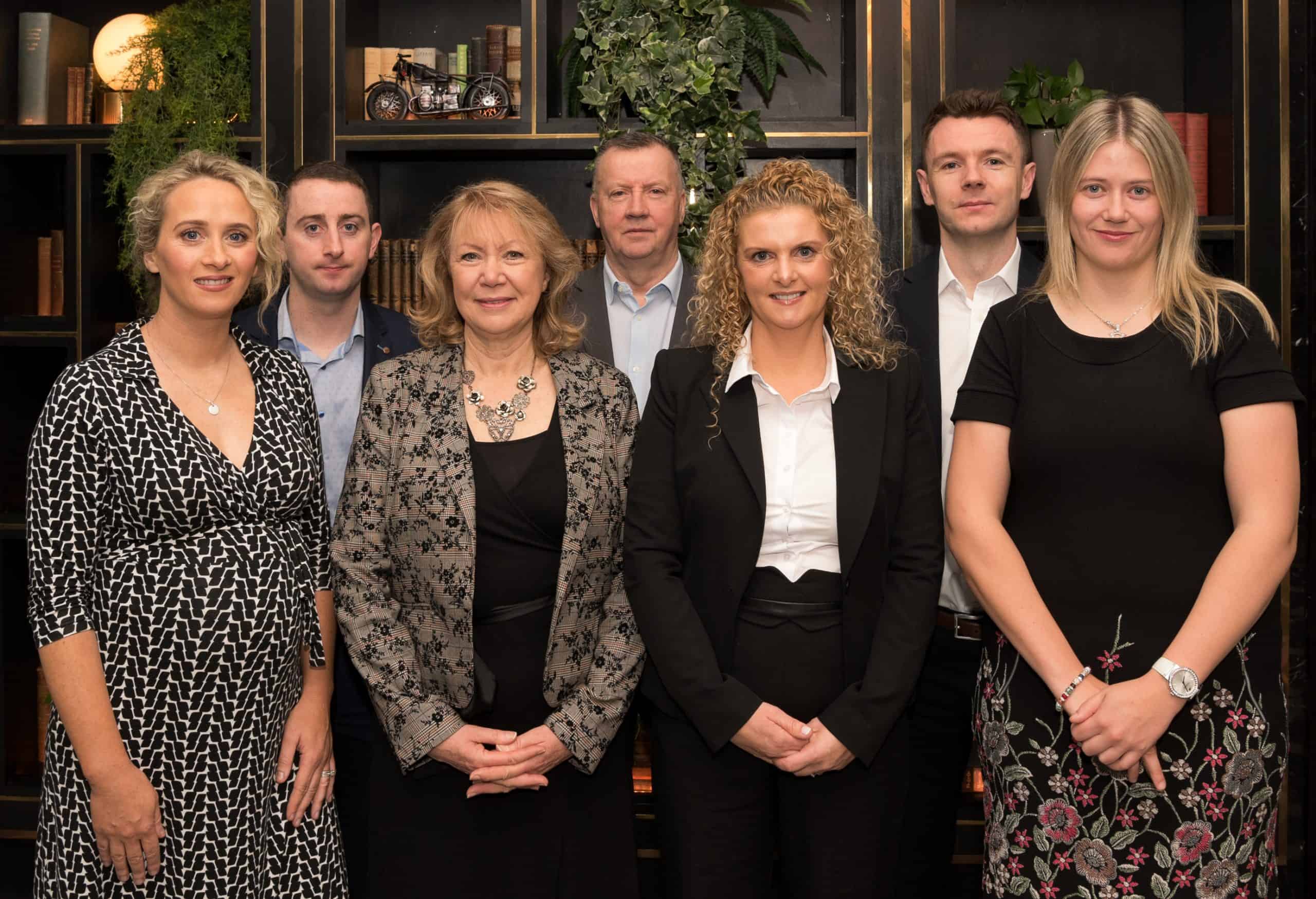Leveraging ISO 9001 Certification to Implement ISO 22301: Strengthening Business Resilience
Leveraging ISO 9001 Certification to Implement ISO 22301: Strengthening Business Resilience

On February 23, 2024, the ISO 9001 Climate Change Amendment was published, affecting all companies currently certified under ISO 9001 and future certifications.
As we come to terms with the changes it's natural to feel some resistance. However, this could present an oppourtune moment to change our perspective.
The new climate change amendments to ISO Management System Standards Clauses 4.1 and 4.2.
Notes are requirements and therefore not subject to audit. The new note may help influence how the organisation chooses to operate in future.
Clause 4 of the ISO 9001 standard, titled "Context of the Organization," aims to establish a thorough comprehension of the organisation and its operational surroundings. Its overarching objective is to lay the groundwork for crafting and executing a quality management system (QMS) that aligns with the organisation's goals and fulfils the requirements of stakeholders.
Clause 4, "Context of the Organization," initiates the framework for subsequent clauses in ISO 9001, providing the groundwork for creating, implementing, and enhancing a resilient and efficient QMS.
By the inclusions of these new requirements, the spotlight is firmly on the question of climate change. Some organisations may already address climate change but this may not be the case for every organisation.
All organisation’s using ISO 9001 now have to ensure they ask the question when addressing their context. Tools such as PESTLE may already addresses these issues.
The first auditable point of the change is the requirement for evidence that climate change was considered as a potential issue (directly impacting or being impacted by climate change) that can affect an organisation’s ability to achieve the intended outcomes of the management system. This does not mean that that a company is been forced to reduce their carbon footprint or GHG emissions (unless that is a goal for that organisation).
The second point of the change is the addition of a note that states that relevant interested parties can have requirements that relate to climate change. There is no auditable evidence required but rather it is a reminder that interested parties may have interests in climate change and may require the organisation to address them.
The gradual integration of climate change into the ISO standards reflects a broader recognition of business's role in environmental stewardship. It's a clear signal from the ISO that addressing climate change is now an indispensable aspect of an organization's strategic and operational groundwork.

Consider the environmental impact of your products throughout the life cycle, which includes raw material, production, installation, decommissioning and disposal.
Consider the improvement of waste management, lower carbon footprint of the operations of your business.
Consider that your customers may increasingly demand products that are more sustainable and eco-friendlier.
What external climate change impacts could impact the stability of your supply chain? Severe weather events impacting transport or accessibility, availability of natural resources or even insurance and financial risk that led to higher premiums.
The CGBC team supports our clients to establish, adopt and continuously improve Quality best practices, helping to drive efficiency, risk management, excellence and an organisation wide awareness and understanding of all aspects ISO 9001.
For more information on how our team will work with your organisation to achieve ISO excellence, contact us on 01 620 4121.

Leveraging ISO 9001 Certification to Implement ISO 22301: Strengthening Business Resilience

The path to ISO 9001 Quality Management Certification can be fraught with difficulties if left unguided. With the help of a team of trusted ISO...

ISO 9001 Recertification displays your ongoing commitment to quality within your organisation.